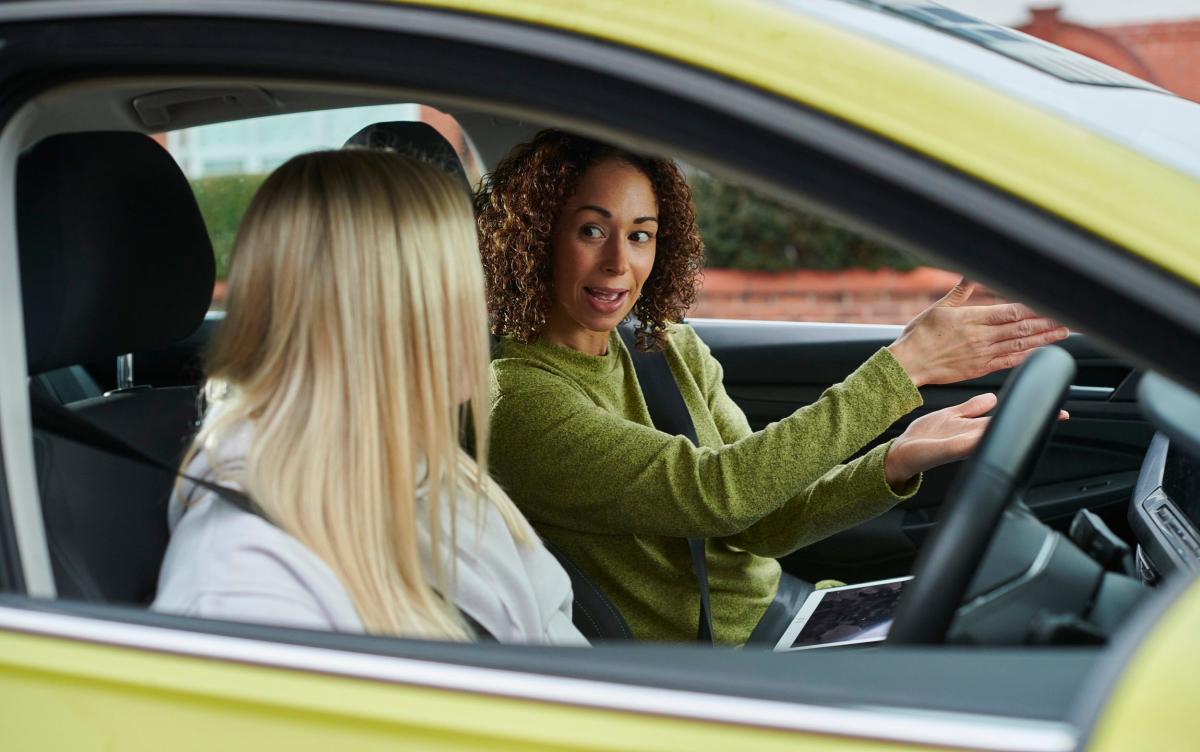Sports
Charge learner drivers more if they fail test multiple times, motoring body says

Learner drivers who fail their test multiple times could be charged higher rates to re-take them to help ease the backlog, a motoring research charity has suggested.
The RAC Foundation said raising fees for re-tests would encourage learners to wait until they are ready to pass, easing the “unacceptable” test backlog which often forces candidates to wait “many months for a slot”.
Government figures show that 93,204 attempts were made last year by learners who had failed at least six tests previously.
The success rate for those tests was just 41.4 per cent, compared with an average rate across all tests of 47.9 per cent.
Last month, the AA Driving School said it obtained Driver and Vehicle Standards Agency (DVSA) figures suggesting the average waiting time for a test at the start of February was more than 18 weeks.
Driving tests were prohibited during Covid lockdowns, leading to a huge backlog of candidates. Thousands of tests were also cancelled due to strikes by driving examiners.
Practical driving tests cost £62 during weekday daytimes and £75 during evenings, weekends and bank holidays.
‘Improved pass rate would drive down backlog’
Steve Gooding, the RAC Foundation director, said the next government should consider introducing rebates for learners who pass the test first time, and additional fees for those with several previous failures.
He said: “Forget about all the traffic jams out on the road, there is now an unacceptable amount of congestion in the test system with learners often waiting many months for a slot.
“In part these jams are being caused by people who have failed multiple times and come back to take a test that might be their fourth, fifth or sixth attempt, or even greater.
“An improved pass rate would help drive down the understandable backlog, and if you incentivise people to pass first time there is also a case for adding a modest premium to the test fee for those who have already failed on several occasions.”
Mr Gooding said the figures suggest some learners “keep throwing themselves back into tests without being properly prepared”.
He added: “A higher fee might persuade them not to re-sit their test until they are more likely to pass.
“If you can improve the pass rate, this means more learners avoiding the financial and time costs associated with repeated disappointments at the test centre.”
‘Adding unnecessary pressure on passing the first test’
Nicholas Lyes, director of policy and standards at road safety charity IAM RoadSmart, warned that, although the logic behind additional fees “might seem reasonable”, officials must be careful about further adding to increasing motoring costs.
“Moreover, a looming threat of higher subsequent test costs could be unnecessary pressure we’re adding to somebody’s first test,” he said.
“Ultimately, driving instructors in consultation with the learner driver are best placed to decide on when somebody is ready to take their practical test.”
The DVSA has been approached for a comment.
In February, the agency said measures to reduce waiting times included asking more qualified managers and administration staff to conduct exams full-time.
Last year it said it would increase the length of time candidates who fail the test have to wait before they can book another from 10 days to 28 days, to encourage them to wait until they are ready to pass.
Learners must pass a theory test before they can book a practical driving test in the UK.
The highest number of unsuccessful attempts made by a candidate before passing the theory test in the first half of last year was 59.
The individual, who has not been named, spent at least £1,380 and around 60 hours on the process at a test centre in Redditch, Worcestershire.




